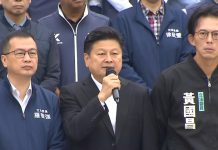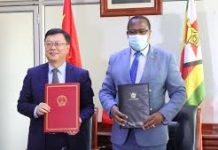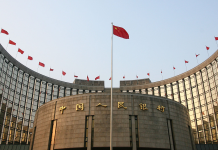DM Monitoring
CANBERRA/BEIJING: Not many foreigners living in China have realized what an important and ubiquitous role members of the Communist Party of China (CPC) play in their daily lives. Party members do not wave flags nor shout slogans through megaphones, mostly they are ordinary people performing commonplace services in their communities.
For American teacher Elena Portillo, her local friendly CPC member is the smiling old woman who knocked on her door during COVID-19 lockdown to ask if she had everything she needed. To South African boxing coach Eduardo Santander, it is the middle-aged public servant he coaches on Wednesday evenings. For overseas students Merna Al Nasser and Hernandez Robaina Daylin, the CPC members could be security guards, taxi drivers, delivery workers or a faculty dean. You are almost as likely to find a CPC member mopping the office floor as sitting at the CEO’s desk.
American singer Mark Levine expressed his thoughts about the CPC in a song he composed and posted on his WeChat account for the 100th anniversary of the party: “Through a century of growth, the Party’s always led, fighting with and for the people, under the flag that’s red.”
Levine, 73, teaches at Minzu University of China in Beijing. He was among the 70,000 people who gathered in Tiananmen Square on July 1 to witness the centenary of the CPC. He has lived in China since 2005.
“If I look at what I have been able to see during my years in China, it is almost miraculous … They (the achievements) were made by the people of China, but they were made under the leadership and the teachings of the Communist Party,” he told Xinhua.
Before coming to China, Levine volunteered in low-income communities in the United States for nearly 30 years. When he was a child, he was told his country was “the best in the world,” but the poverty he saw with his own eyes made him think otherwise.
“I studied a lot of the history of workers both in the United States and in other countries, in an effort to bring about change to benefit them,” he recalled. His studies led him to China, and thereafter to the name of Zhou Enlai, first premier of the People’s Republic of China, perhaps the first CPC member Levine knew as such.
In the 2000s, the Beijing Olympics boosted the demand for English teachers in China. Levine found a teaching job in Zhou’s hometown, Huai’an in eastern China’s Jiangsu Province, before moving to Beijing two years later. Levine said he saw “even more” development in China than what he had expected.
“Great progress had been made in education and medical care,” he said. “We can see the tremendous accomplishment in the fight against COVID-19.”
He then got to know some CPC members better. “They are supportive,” he said. “People join the party because they realize it is not a privilege, it is a responsibility.” Eduardo Santander was working in his gym in Shijiazhuang, capital of northern China’s Hebei Province while Levine was at the ceremony. The 50-year-old coach has lived in China for 10 years and didn’t think much about politics. One of his clients changed that. – Agencies






